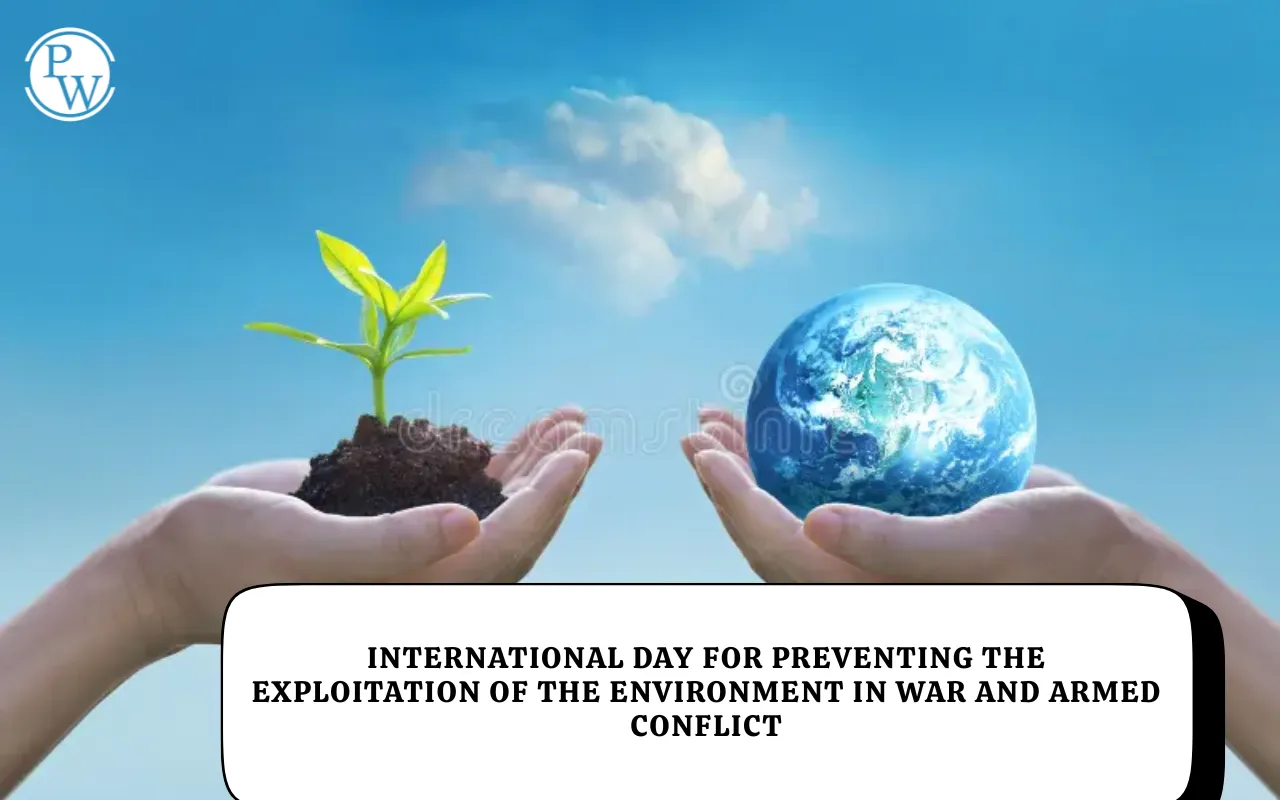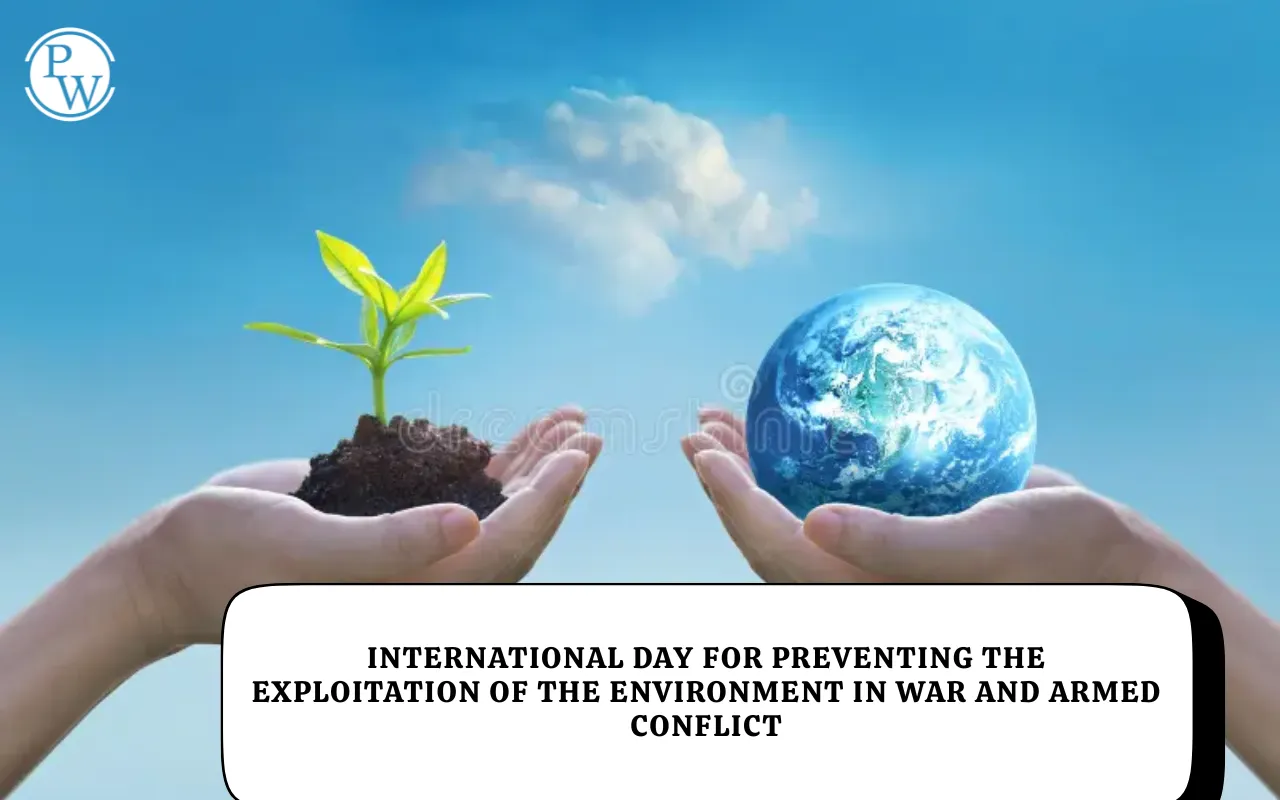

The International Day for Preventing the Exploitation of the Environment in War and Armed Conflict is observed every year on November 6 to raise awareness about the environmental damage caused by armed conflicts. Declared by the United Nations General Assembly in 2001 (Resolution A/RES/56/4), this day reminds the world that nature is also a silent casualty of war.
Why This Day Matters
Throughout history, warfare has not only taken human lives but has also ravaged the planet’s ecosystems. Forests are burned, water wells polluted, soils poisoned, and wildlife destroyed — all in pursuit of military advantage. The United Nations Environment Programme (UNEP) reports that in the last six decades, nearly 40% of internal conflicts have been linked to natural resource exploitation, including oil, gold, timber, and fertile land.
Conflicts over resources are twice as likely to relapse, highlighting the deep interconnection between environmental sustainability and peace.
UN’s Vision for Environmental Peacebuilding
The United Nations emphasises that lasting peace cannot exist without protecting natural resources. Environmental recovery and sustainable management are vital for rebuilding post-conflict societies.
In 2016, the United Nations Environment Assembly (UNEA) passed resolution UNEP/EA.2/Res.15, reaffirming that healthy ecosystems are critical for preventing wars and achieving the Sustainable Development Goals (SDGs) under the 2030 Agenda for Sustainable Development.
Key Global Partnerships and Initiatives
1. EU–UN Partnership on Land and Natural Resource Conflicts
Six UN bodies—UNEP, UNDP, UN-HABITAT, PBSO, DPA, and DESA—work with the European Union to help nations manage tensions over natural resources through conflict prevention and peacebuilding programs.
2. Global Research Programme on Post-Conflict Peacebuilding
A joint initiative by UNEP, the Environmental Law Institute (ELI), and universities like Tokyo and McGill, this research effort compiles over 150 case studies on managing natural resources in post-conflict regions, creating one of the largest knowledge bases on eco-peacebuilding.
3. UN Partnership on Women and Natural Resources
This collaboration between UNEP, UN Women, UNDP, and PBSO explores how women’s empowerment and sustainable resource management contribute to peacebuilding. The partnership’s 2013 policy report emphasised integrating gender equality into environmental governance in conflict-affected settings.
The Way Forward
As climate change and geopolitical tensions rise, protecting the environment during war becomes increasingly vital. Governments, international bodies, and communities must promote eco-sensitive defence strategies, sustainable reconstruction, and peaceful resource-sharing frameworks to ensure the planet’s resilience.
